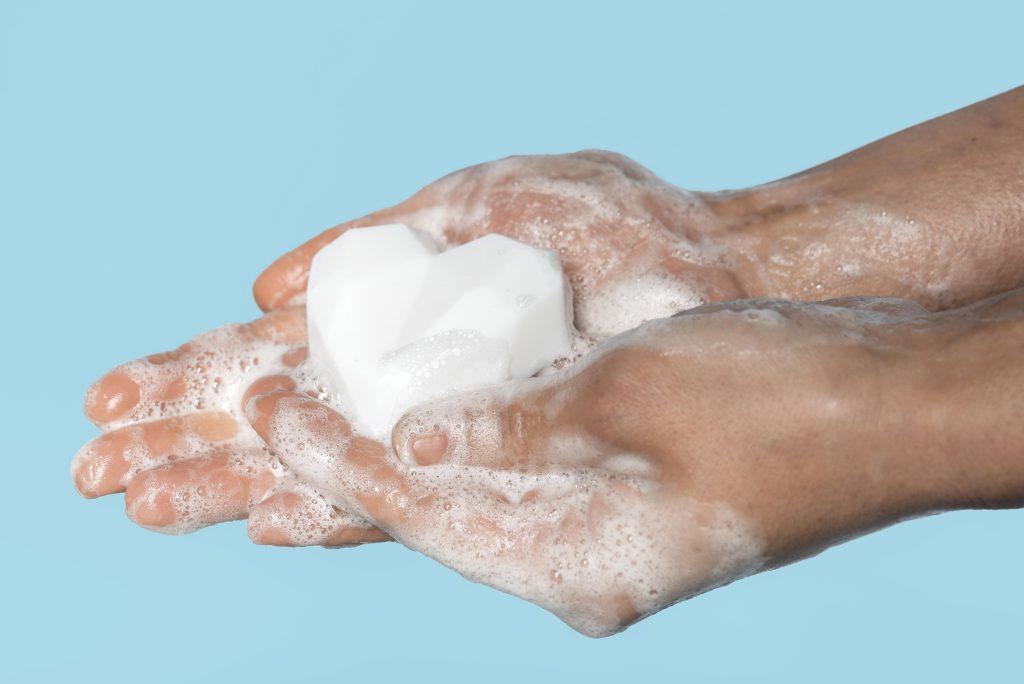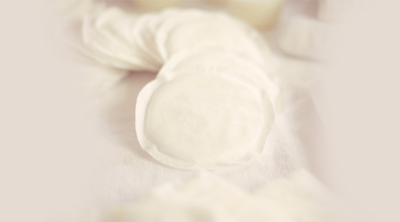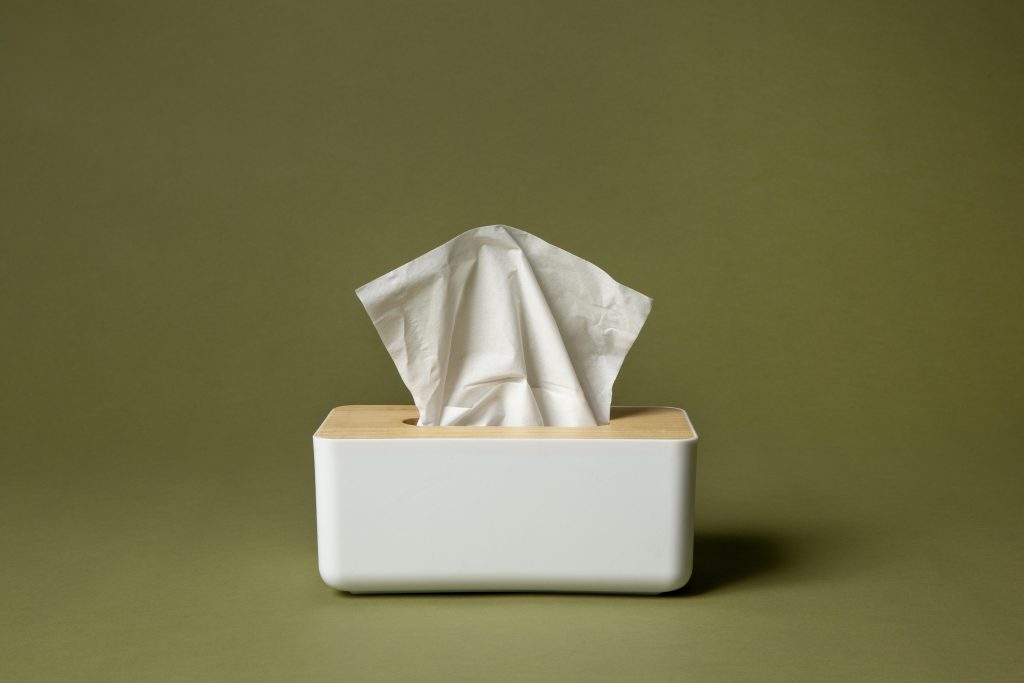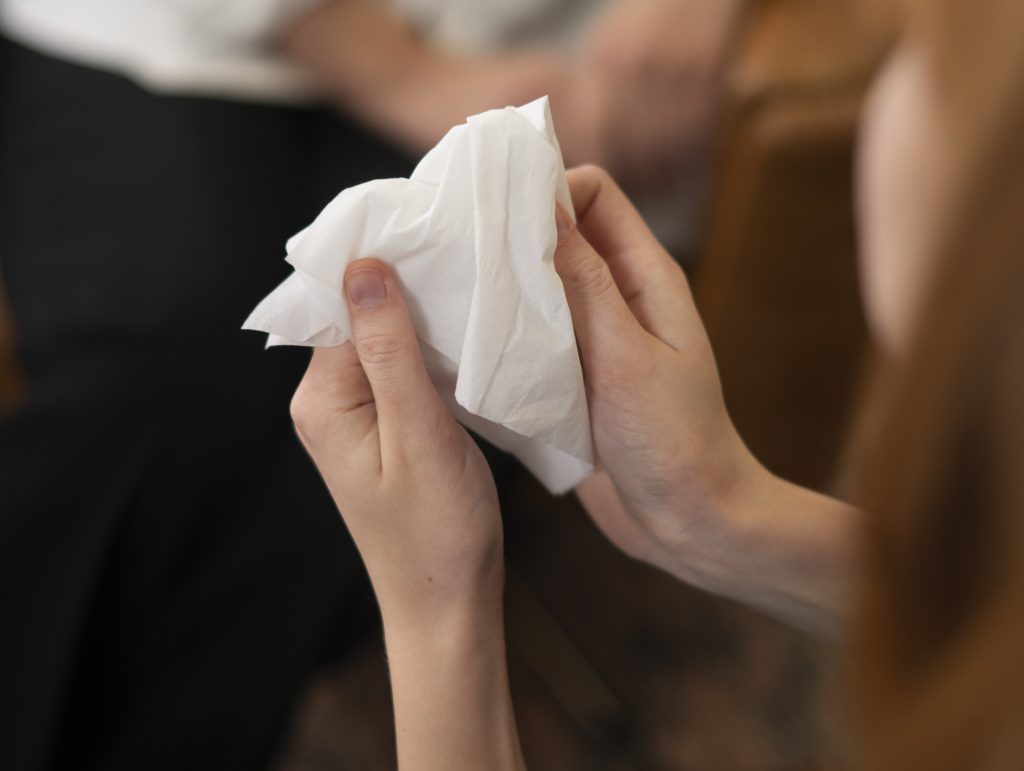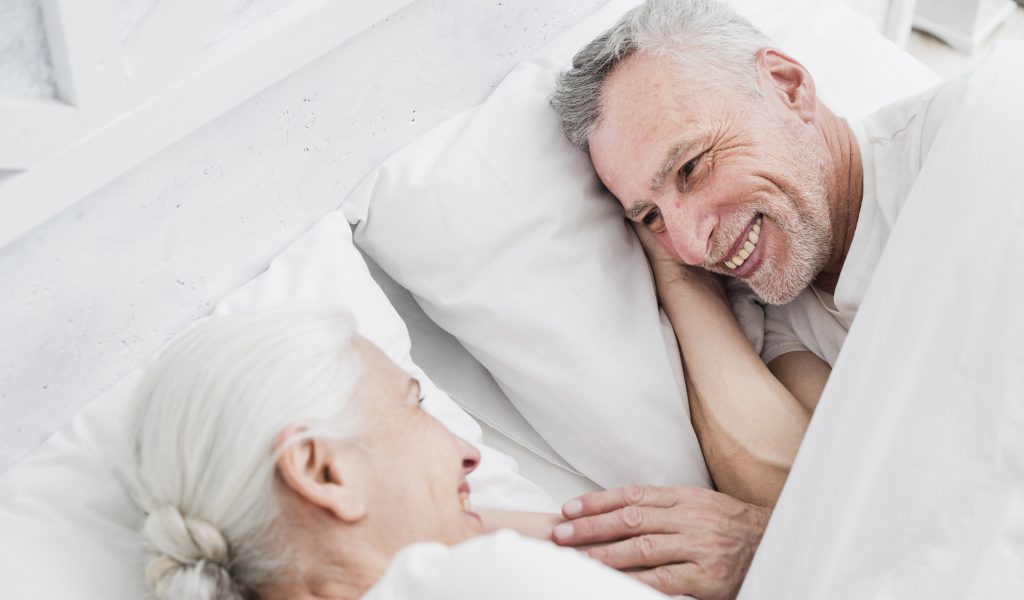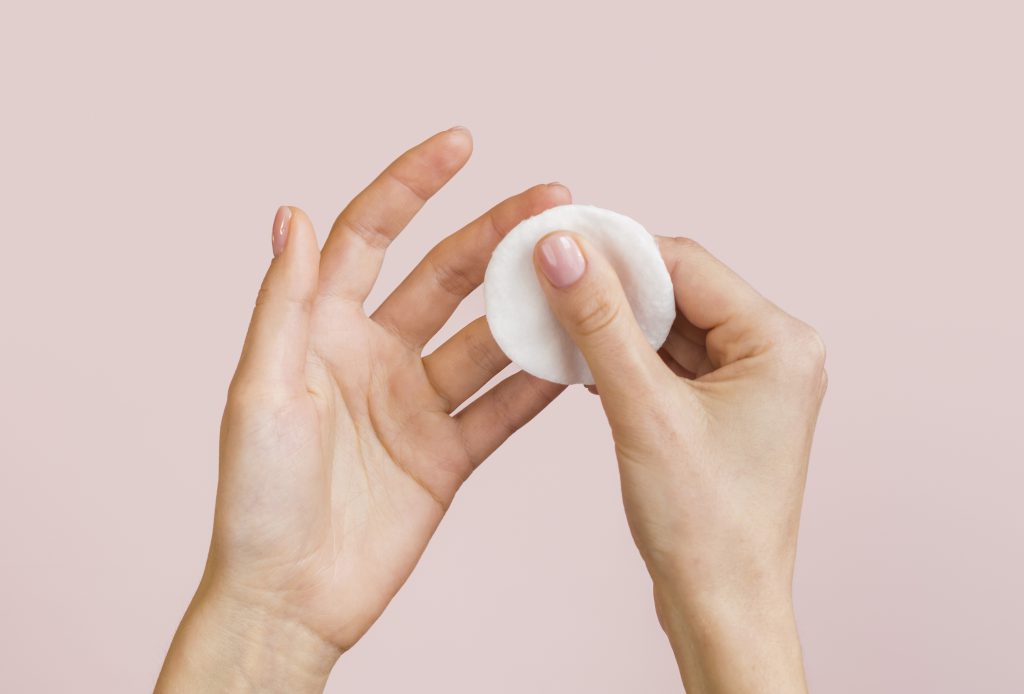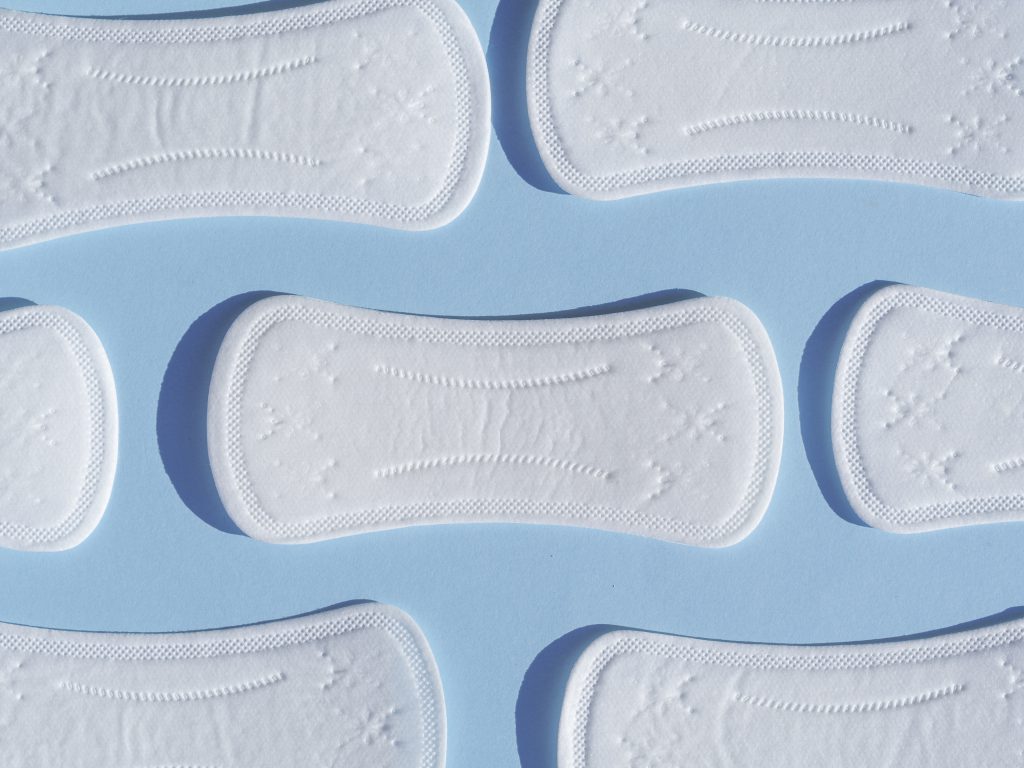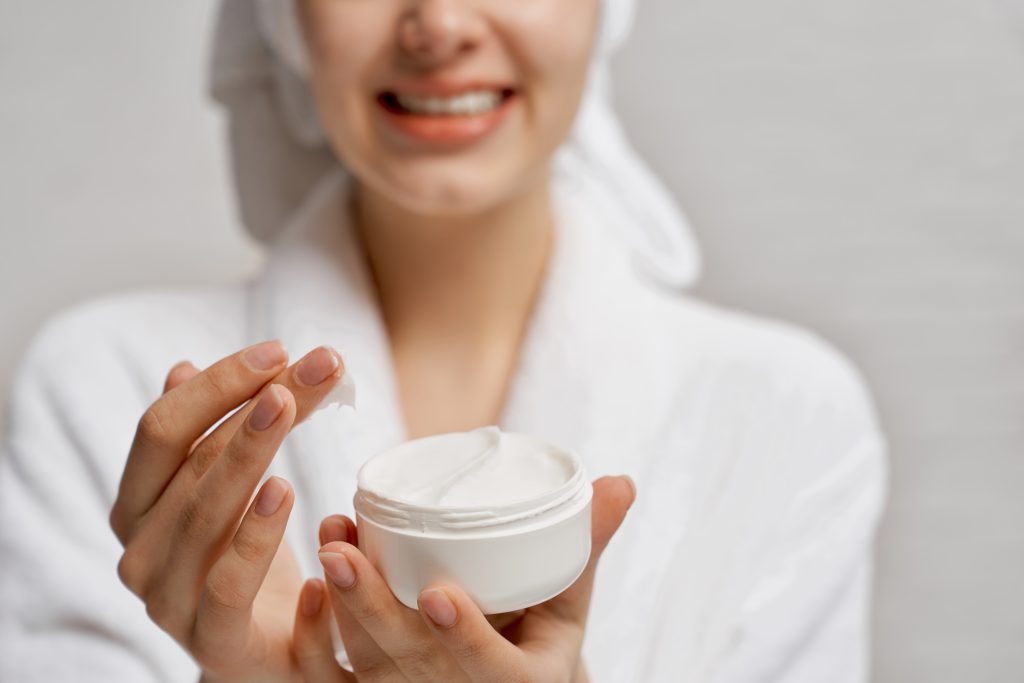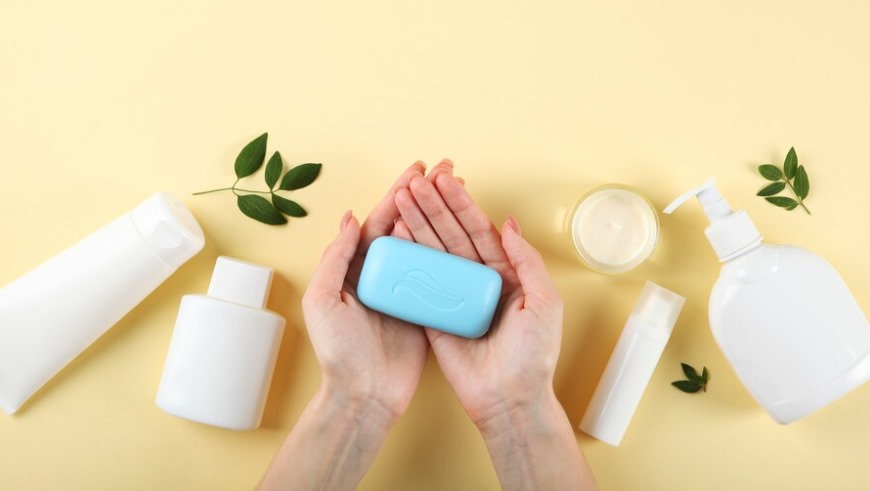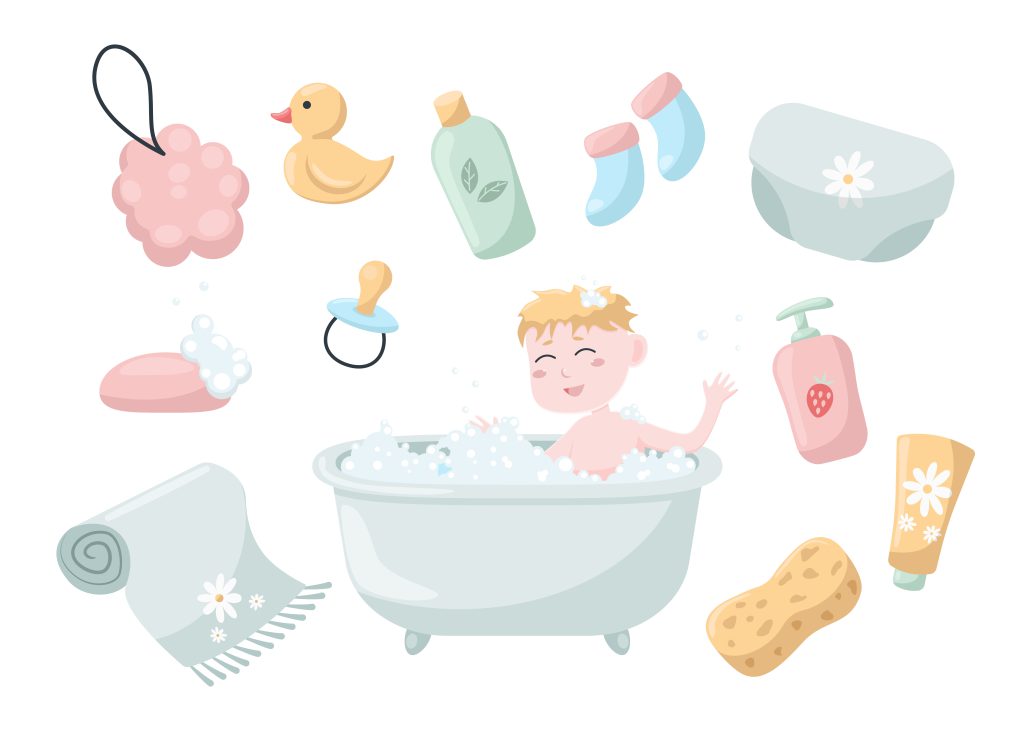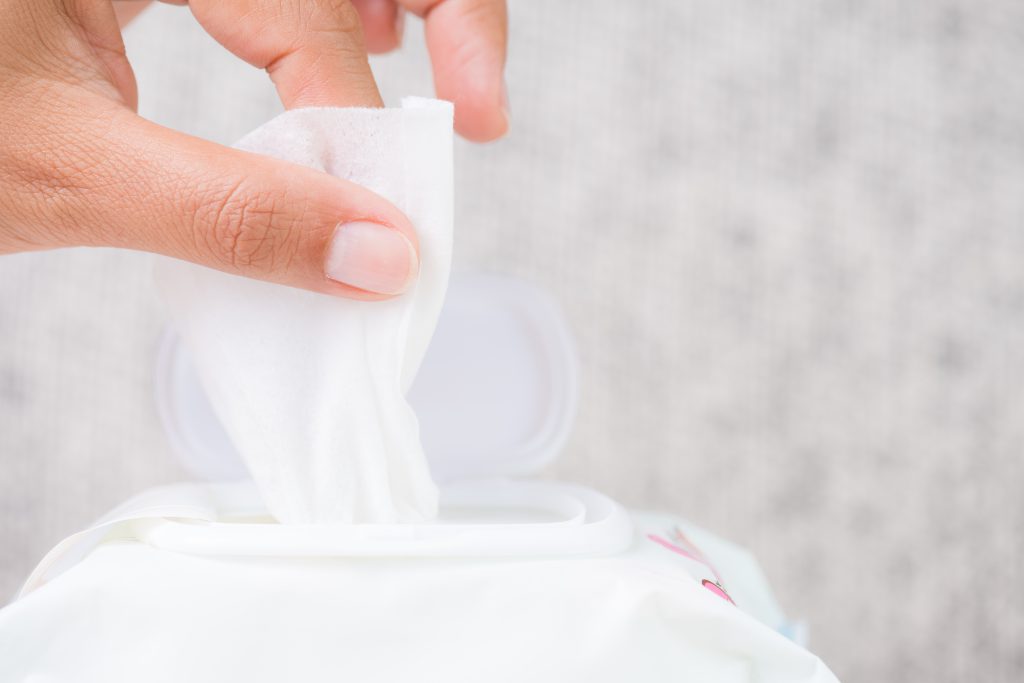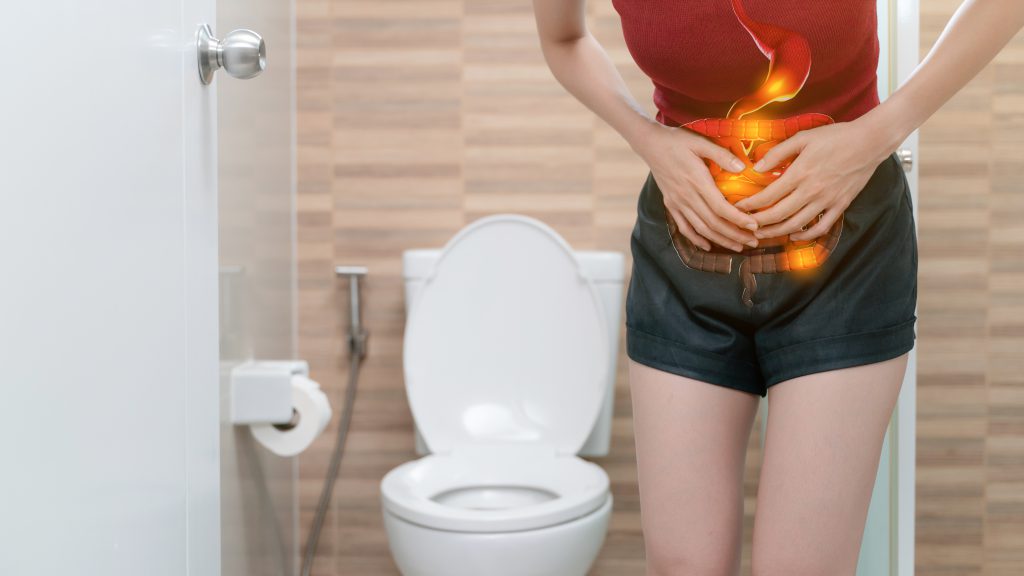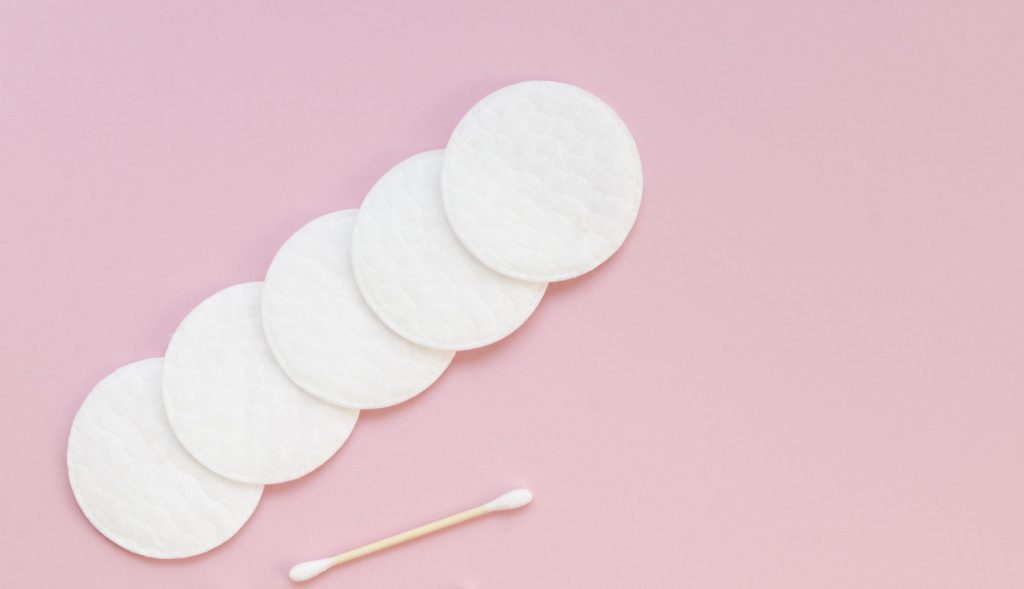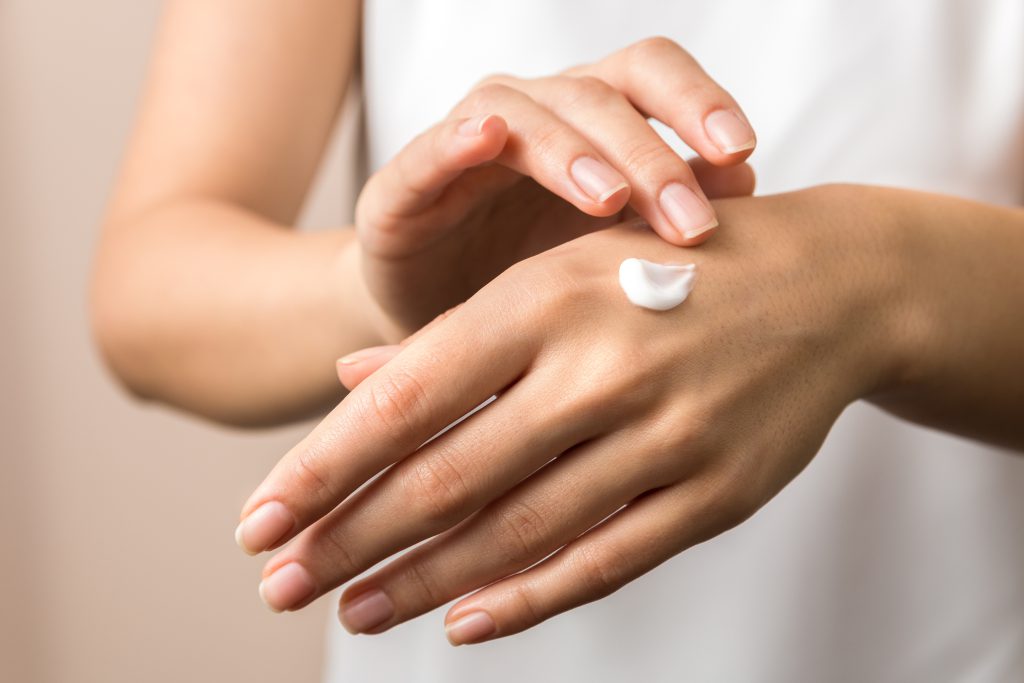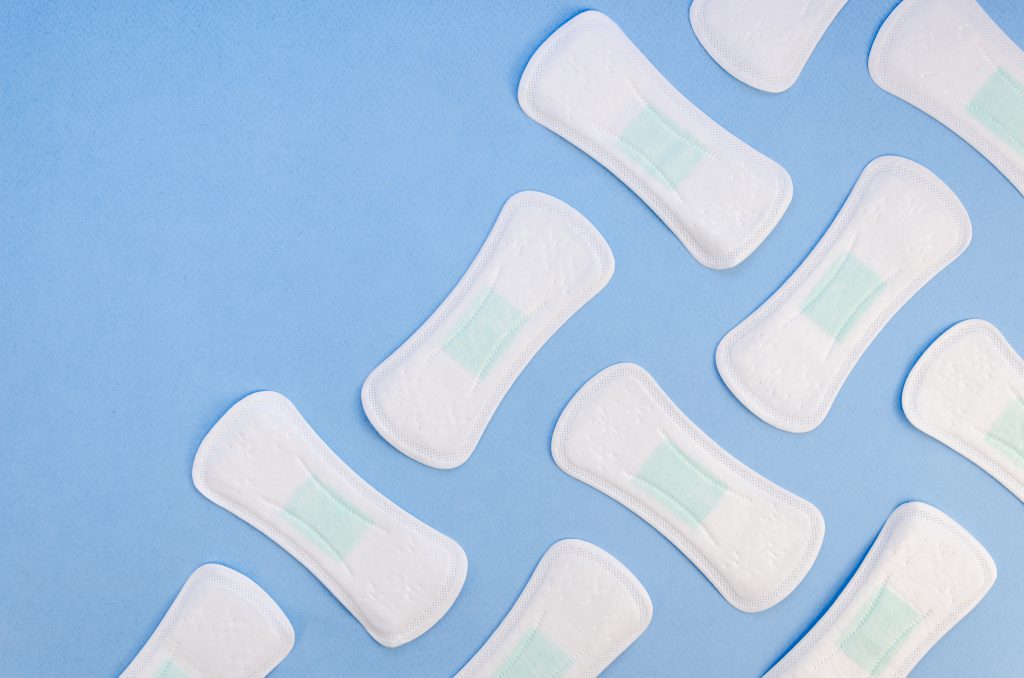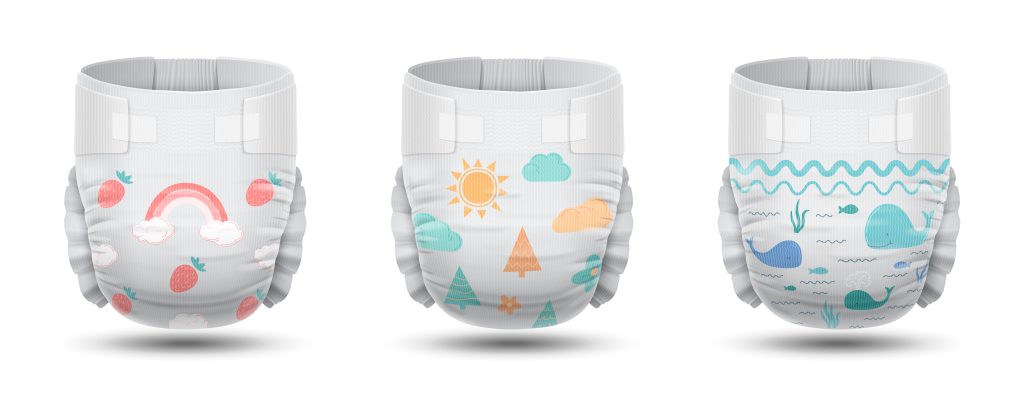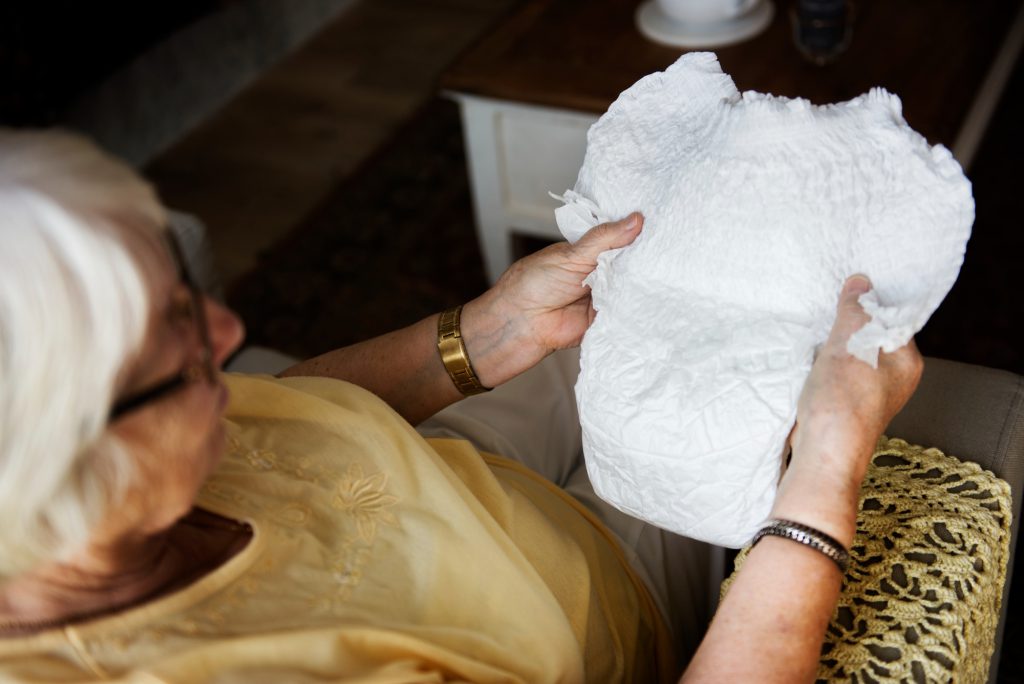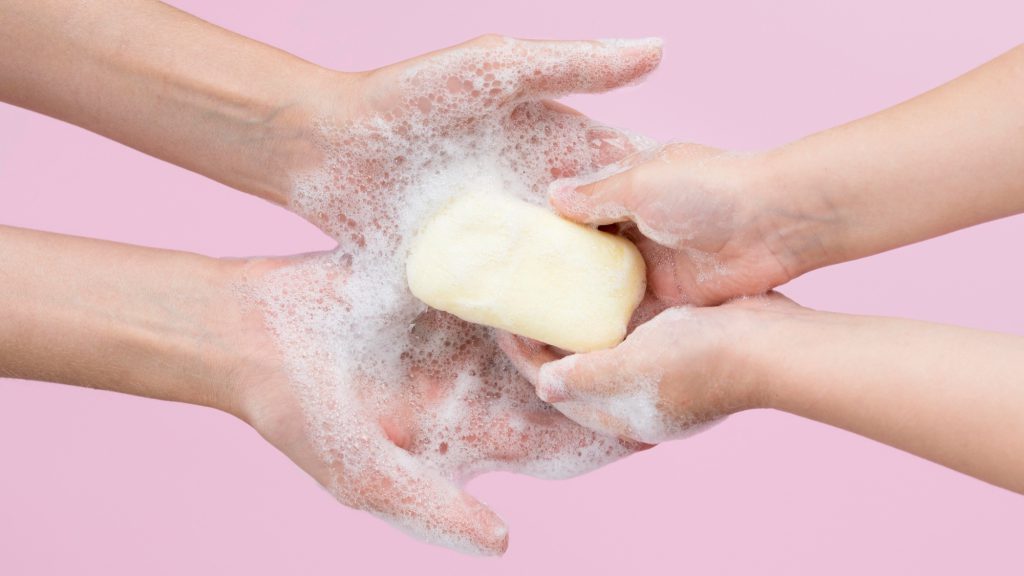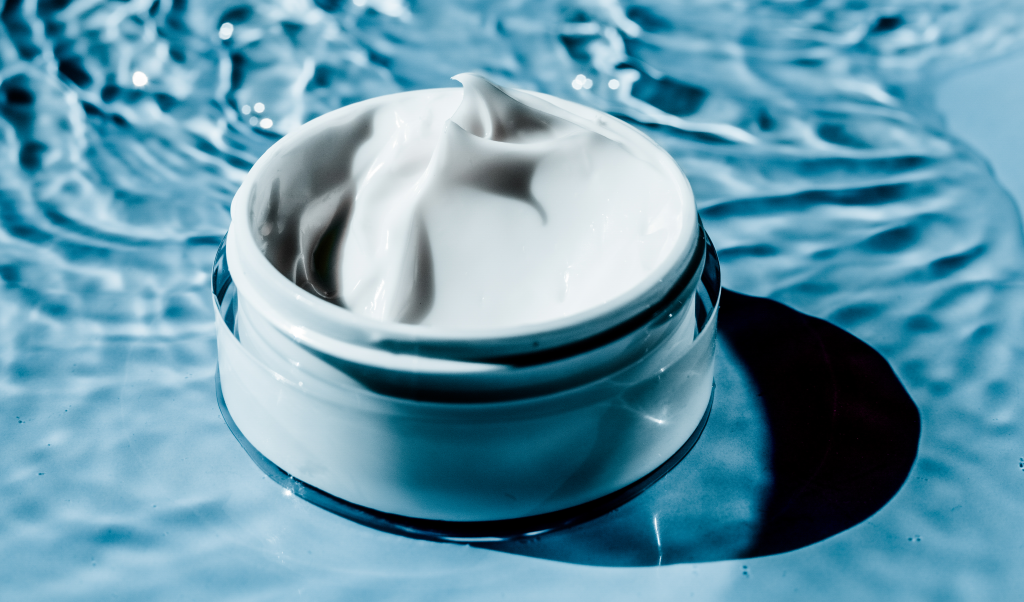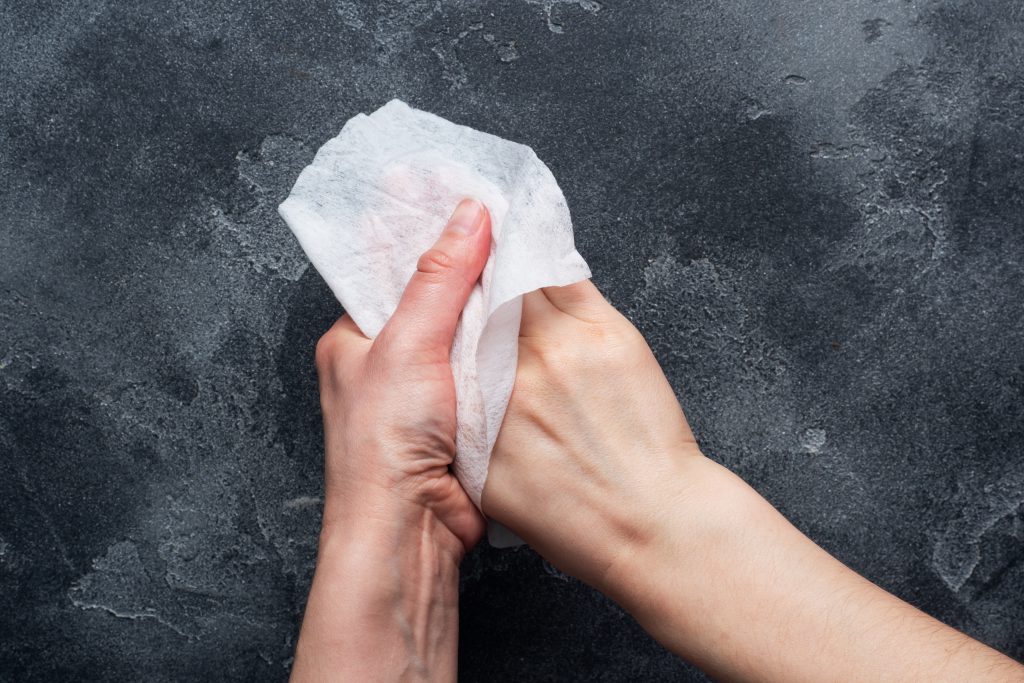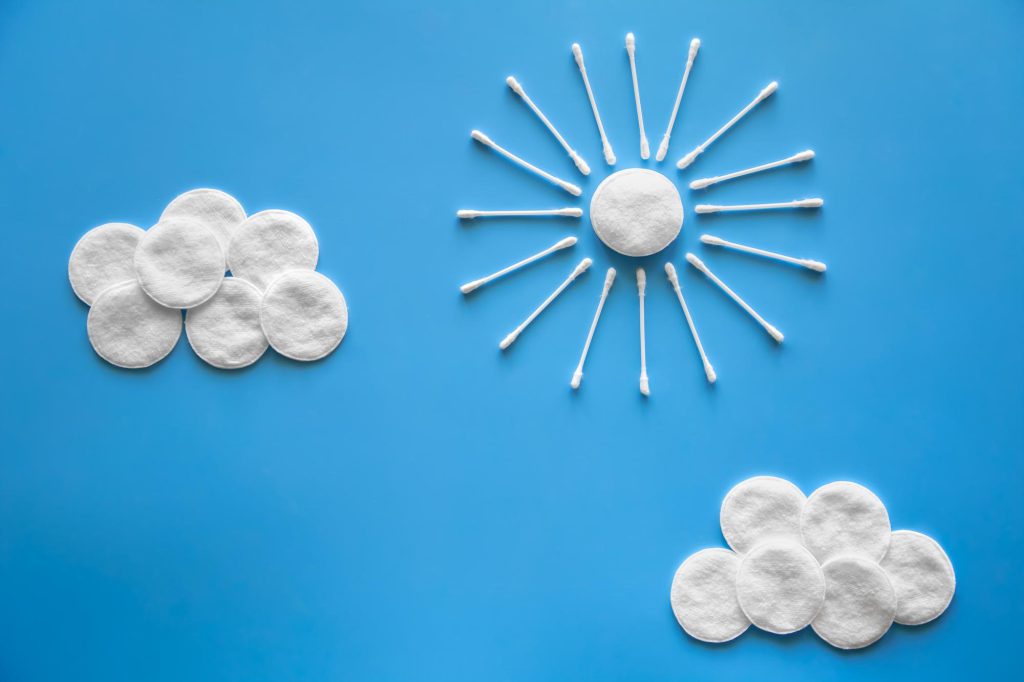Urinary incontinence, also known as involuntary urinary leakage, is a health problem that can affect people of all ages. This condition can be embarrassing and frustrating, and can significantly reduce quality of life.
Causes of urinary incontinence:
Weakness of the pelvic floor muscles: Childbirth, aging, obesity or some surgical procedures can weaken the pelvic floor muscles.
Hormonal changes: Dropping estrogen levels during menopause or the postpartum period can increase the risk of urinary incontinence.
Nervous system disorders: Nervous system diseases such as multiple sclerosis or Parkinson's can affect bladder functions.
Bladder and urinary tract infections: Infections can cause involuntary contraction of the bladder muscles.
Prostate enlargement: Prostate enlargement in men can block the urinary tract and cause incontinence.
Urinary incontinence treatment:
Treatment varies depending on the type and cause of incontinence. Treatment options include:
Pelvic floor exercises: Kegel exercises help strengthen the pelvic floor muscles.
Bladder training: Teaches you to control your bladder muscles and manage the need to urinate.
Medication: Medications that help tighten bladder muscles or reduce urine production may be used.
Surgical intervention: Surgical options may be considered in cases that do not respond to other treatments.
Tips for dealing with urinary incontinence:
Consult your doctor: It is important to consult your doctor to determine the cause of urinary incontinence and the most appropriate treatment.
Do pelvic floor exercises regularly: Kegel exercises help reduce the risk of urinary incontinence and strengthen the pelvic floor muscles.
Practice bladder training techniques: Learn to control bladder muscles and manage the need to urinate.
Avoid caffeine and alcohol: Caffeine and alcohol can stimulate the bladder muscles, increasing the risk of urinary incontinence.
Maintain a healthy weight: Excess weight can put excessive strain on the pelvic floor muscles, leading to incontinence.
Quit smoking: Smoking can trigger coughing and the risk of urinary incontinence by increasing intra-abdominal pressure.
Urinary incontinence is not an embarrassing condition. With the right treatment and some simple lifestyle changes, you can overcome this problem and significantly improve your quality of life.
Our Blog
Things to Consider When Choosing Baby Diapers
Step into a Colorful and Fragrant World
Practical Solution to Comfort
Urinary Incontinence
Savior of Breastfeeding Mothers
Ideal Solution for Hygiene and Practicality
Indispensable for Skin Care
The Basic Step of Skin Care
The Importance of Soaps and Hygiene
The Importance of Hygiene in Babies
Helper That Improves the Quality of Life
Practical Formula of Freshness and Protection
Enrich Your Daily Bath Ritual
Urinary Incontinence Treatment
Why Is It So Important For Your Skin?
Baby Diapers: How to Make the Right Choice?
The Color and Shine Your Hair Needs
What Should We Pay Attention to When Choosing Soap?
Feel Fresh All Day Long
Practical and Delicate Touch to Hygiene
Continue Sports Without Slowing Down!
What is underpad? Where is it used?
What is Menstruation and How to Deal with Period Pain?
Why Should We Use Wet Wipes?
Common Misconceptions About Hair Care
Urinary Incontinance
Your Baby’s Development Process
How to Fight Menstrual Period?
Personal Hygiene for Women
How to Use Daily Pad?
How to Cope With Urinary Incontinence in Adults?
Is It Okay To Do Sports During Menstruation?
What is Sanitary Pad and How Is It Used?

About Us
nappia Hygiene® is a cosmetic & personal care product brand that aims to be among the world brands and customer satisfaction without sacrificing its quality line.
Products
Site Map
Our Policies
Copyright © HMG Hygiene Products Industry by Nappia Hygiene JSC. (Corporation) 2024 – All rights reserved.


